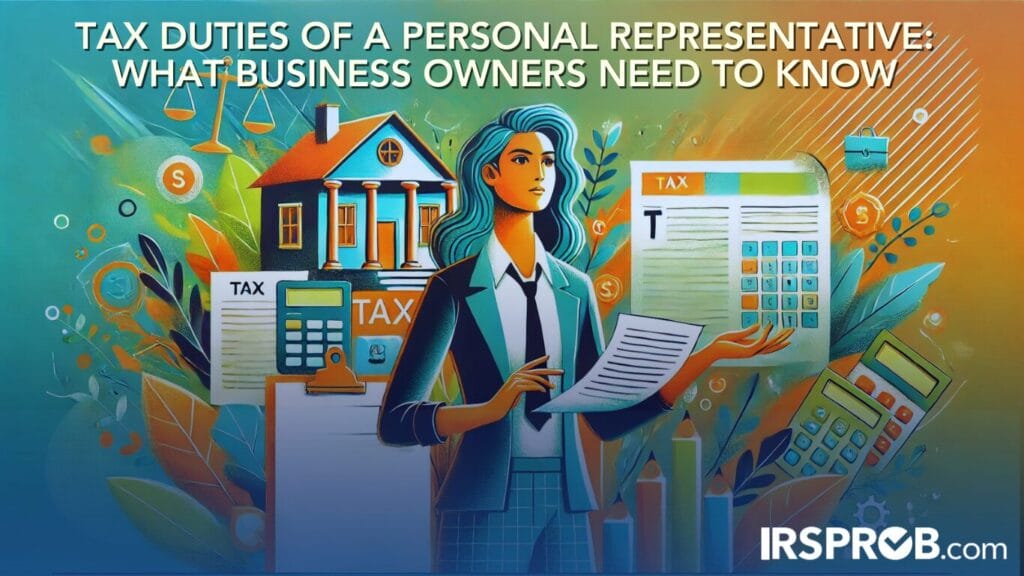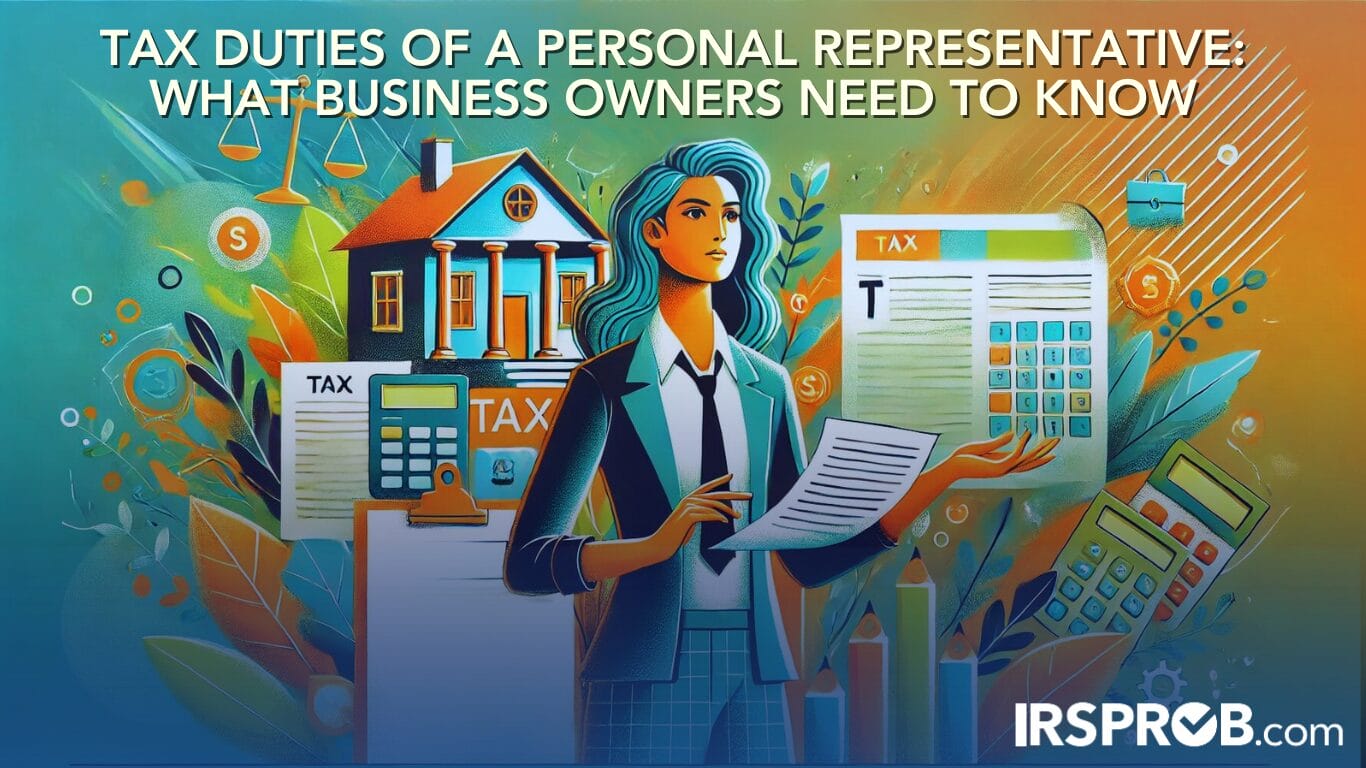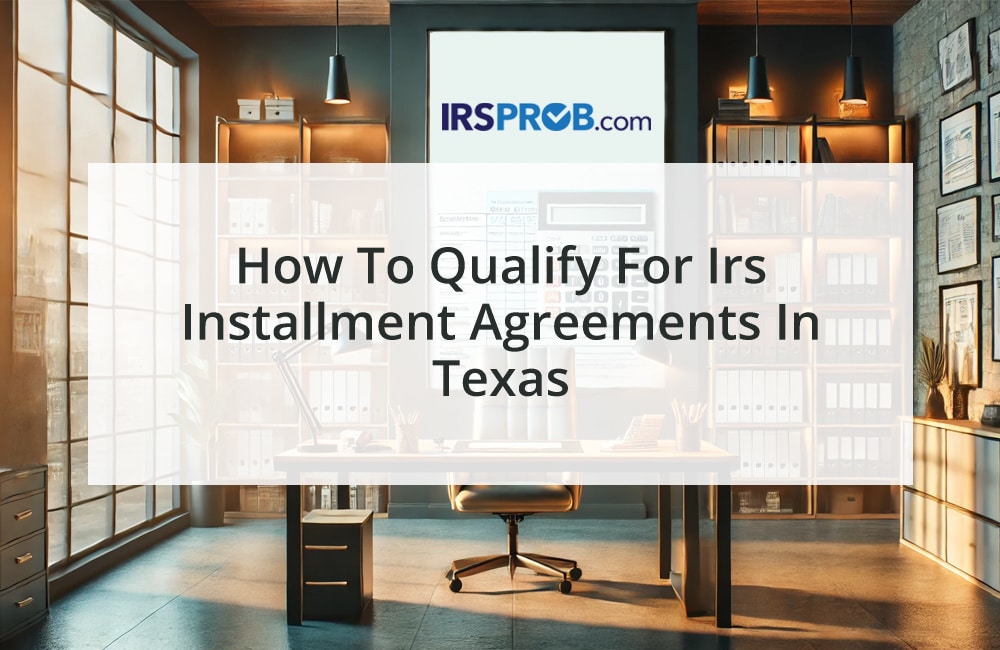
As a business owner, there may come a time when you’re asked to serve as the personal representative (PR) of an estate, either for a loved one, a colleague, or another connection. While the role can seem daunting, understanding the tax responsibilities involved can help you navigate the process efficiently. This blog will break down the duties of a PR in an estate, focusing on the tax filing obligations and potential pitfalls that could impact you personally or your business.
What Is a Personal Representative?
A personal representative (PR) is the individual responsible for administering a decedent’s estate. The role involves collecting the decedent’s property, paying creditors, distributing assets to beneficiaries, and ensuring that all tax obligations are met. The PR may be an executor (when appointed by a will) or an administrator (if there is no will). Importantly, PRs must be appointed by a court before they can act on behalf of the estate.
In some cases, if no court-appointed PR is available, the IRS may allow a “person in charge of the decedent’s property” to file taxes. This person could be a surviving spouse, trustee of a revocable trust, or a beneficiary of non-probate assets.
Tax Filing Obligations for a Personal Representative
As the PR, you are responsible for several tax filings, including:
- Form 1040: The final income tax return for the decedent, covering the period from January 1 of the year of death to the date of death. Any income earned post-death must be reported separately.
- Form 1041: This form reports the income of the estate if it earns more than $600 after the decedent’s death. Many estates may have income from investments, rental properties, or business holdings that require this return.
- Form 706: If the decedent’s estate exceeds the estate tax exclusion ($13.61 million in 2024), an estate tax return must be filed. Even if the estate does not exceed this threshold, a Form 706 may be required to make the portability election, allowing the surviving spouse to utilize any unused estate tax exemption.
- Form 709: If the decedent made large gifts before their death, this form may be required. Gifts exceeding the annual exclusion of $18,000 (for 2024) should be reported.
- State Income and Estate Taxes: Depending on your state’s laws, additional returns may be required for income and estate taxes.
- Prior Year Returns: Any unfiled tax returns for the decedent’s prior years must be completed and submitted.
Fiduciary Duties and Liability
One critical responsibility of a PR is ensuring that all taxes are paid before estate assets are distributed. If the estate is insolvent or if taxes are unpaid due to early distribution of assets, the PR may be held personally liable. This can be particularly important for business owners, as it could impact your personal finances and your company’s standing.
To avoid these issues, the IRS allows PRs to file Form 5495 to request a discharge of personal liability for estate, gift, and income taxes. Once the IRS processes this request (typically within nine months), the PR is no longer personally responsible for any tax debts discovered after the estate’s assets have been distributed.
Speeding Up the Process
The IRS allows personal representatives to expedite certain processes to close out the estate more quickly:
- Form 4810: PRs can request a prompt assessment of the decedent’s tax returns, reducing the statute of limitations for audits from three years to 18 months. This can help expedite the closing of the estate.
- Form 56: Used to notify the IRS of the PR’s fiduciary relationship and any changes to it.
Best Practices for Business Owners Serving as a PR
If you’re a business owner, here are some best practices to ensure you meet your obligations efficiently and avoid any personal financial risks:
- Seek Professional Advice: Administering an estate can be complex, especially when tax filings are involved. Engage a tax professional early on to ensure compliance with federal and state tax laws.
- Document Everything: Keep detailed records of all assets, liabilities, and expenses related to the estate. This will help in filing accurate returns and managing the estate’s financial obligations.
- Stay Organized: Managing both a business and an estate can be overwhelming. Create a clear timeline for tax filings, bill payments, and asset distribution to avoid missing key deadlines.
- Communicate: Work closely with the decedent’s family, the estate’s attorney, and any other professionals involved. Transparency can help prevent misunderstandings and ensure that the estate is handled efficiently.
Conclusion
Being a personal representative can add significant responsibility to your plate, particularly if you are also managing a business. However, understanding the tax responsibilities and liabilities involved can make the process smoother and less stressful. By staying organized, seeking professional advice, and following IRS guidelines, you can successfully fulfill your role as a PR while protecting both the estate’s assets and your personal financial standing.
For more advice on managing estates and tax planning for business owners, visit IRSProb.com or consult with a tax expert.









